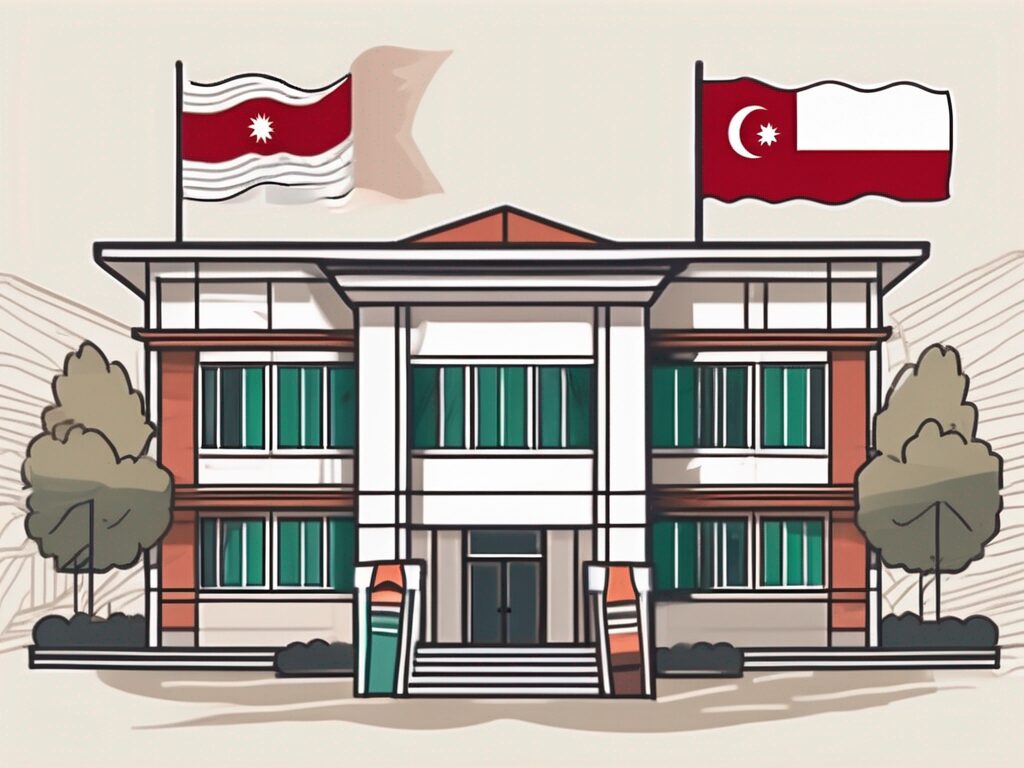Enhancing Parental Engagement in Indonesia’s Educational Landscape
Education serves as a foundational pillar in a child’s development, and the role of parents in this process is paramount. In Indonesia, the discourse surrounding parental engagement in education has garnered increasing attention. This guide examines the critical dimensions of parental involvement within Indonesia’s educational framework, highlighting its significance, current trends, challenges, and actionable strategies for improvement.
Significance of Parental Engagement
Parental engagement transcends mere attendance at school events or assistance with homework; it encompasses a broad spectrum of interactions and activities that significantly influence a child’s educational trajectory. The following sections elucidate the reasons why parental involvement is essential.
Boosting Academic Performance
Extensive research indicates a strong correlation between active parental involvement and enhanced academic performance among students. Children whose parents engage in their education often exhibit improved grades and a deeper understanding of the material. This involvement can be likened to having a dedicated tutor who is invested in the child’s academic success.
Fostering Positive Attitudes Towards Learning
Parental engagement is instrumental in cultivating a positive attitude towards education. When parents demonstrate an active interest in their child’s learning, it reinforces the importance of education, thereby nurturing a lifelong love for learning. This dynamic is akin to a gardener nurturing a plant, ensuring it flourishes in a supportive environment.
Current Landscape of Parental Involvement in Indonesia
Understanding the current state of parental involvement in Indonesia reveals a complex and multifaceted scenario, akin to the intricate patterns of batik fabric.
Disparities Between Urban and Rural Areas
Parental involvement tends to be more pronounced in urban regions of Indonesia, attributed to factors such as greater access to educational resources and higher educational attainment among parents. This disparity can be compared to the vibrancy of a metropolitan area versus the quieter dynamics of rural communities, each presenting unique challenges and opportunities.
Influence of Socioeconomic Status
Socioeconomic status significantly impacts parental engagement levels. Parents from higher socioeconomic backgrounds typically exhibit greater involvement in their children’s education, akin to a well-stocked pantry that allows for a diverse and nutritious diet. This correlation underscores the need for targeted interventions to support families from lower socioeconomic backgrounds.
Challenges to Increasing Parental Involvement
While enhancing parental involvement is crucial, several challenges must be addressed. The journey towards increased engagement can be likened to ascending a mountain, where the view from the summit is rewarding, yet the path is fraught with obstacles.
Time Constraints and Resource Limitations
A primary barrier to parental involvement is the lack of time and resources. Many Indonesian parents work extended hours, limiting their capacity to engage actively in their children’s education. This situation resembles the challenge of juggling multiple responsibilities, necessitating effective time management and prioritization.
Cultural and Social Norms
Cultural perceptions regarding education can also hinder parental involvement. In certain communities, there exists a prevailing belief that educational responsibilities rest solely with schools, relegating parents to a passive role. This dynamic can be compared to a theatrical performance where the audience remains disengaged, rather than participating in the narrative.
Strategies for Enhancing Parental Engagement
Despite the challenges, several strategies can be implemented to bolster parental involvement in education. Identifying effective approaches is akin to discovering the right key to unlock potential.
Parent Education and Training Programs
Implementing educational programs for parents can significantly enhance their ability to support their children’s learning. Such initiatives equip parents with essential knowledge and skills, serving as a navigational tool that guides them through the educational landscape.
Community Engagement Initiatives
Fostering community engagement is vital in promoting a culture of parental involvement. Organizing community events that emphasize the importance of education and parental roles can create a supportive network, akin to lighting a beacon that unites individuals around a common goal.
In conclusion, parental involvement in Indonesia’s educational system is a multifaceted issue that requires a comprehensive approach. Each component plays a critical role in forming a cohesive strategy that enhances educational outcomes for children. By implementing targeted strategies and fostering collaboration among stakeholders, we can significantly improve parental engagement and support the academic success of students across Indonesia.
Elevate Your Educational Impact with IPGCE
Recognizing the significance of parental involvement in Indonesia’s education system is essential, but it is equally important for educators to pursue continuous professional development. The International Postgraduate Certificate in Education (IPGCE) offers a transformative opportunity for educators to deepen their understanding of global educational practices, connect with an international network of professionals, and enhance their career trajectories. If you are an educator seeking Qualified Teacher Status or aiming to advance your career, consider enrolling in the UK’s leading Teacher Training Course. Experience the advantages of flexible online study and join a program that has demonstrated success in increasing interview callbacks, promotion rates, and salary growth. Enroll in the IPGCE program today and take a significant step towards enriching your professional journey and the educational experiences of children in Indonesia and beyond.

